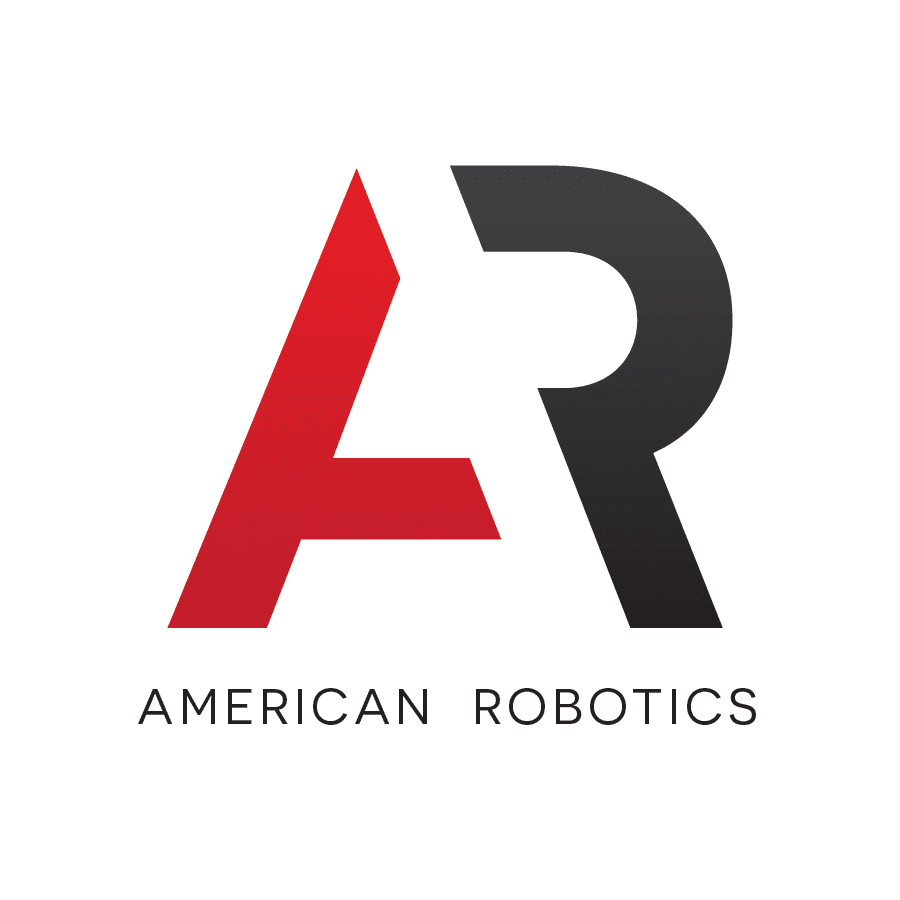The world of business is full of empty promises masquerading as the next “big thing.” From pitch comps in high schools to stakeholder meetings for the Fortune 100, you hear the same claim; that this service, or that product will be a total game-changer.
As proof, all we have to do is take a little look into the past. Back in 1957, Ford dove in headfirst into “the next best thing,” also known as the Ford Edsel. But consumer preferences were evolving quickly, and no one wanted a big, bulky gas-guzzling car anymore. After a few years, and $400 million dollars down the drain, it was quickly taken off the market. Or what about when Coors tried to sell its “rocky mountain spring water” to its customers? Another flop. Turns out beer drinkers only want one thing from their favorite beer brand. Or let’s think back to when everyone thought they had to offer phones to their customers. Amazon, Facebook, and ESPN all took a swing at the opportunity only to realize they overpromised and underdelivered.
It’s hard, almost impossible, to create something that truly has a long-lasting impact on the world and on consumer behavior. The internet was one of those things, and companies like Google, Tesla, and Apple were a few leaders that transcended the world of fad and actually entered the zeitgeist in real ways. But they are the exceptions, not the rule. And they also weren’t the first movers in their industries. Google wasn’t first in the search market. Tesla wasn’t first in electric vehicles, and there were computers and phones far before Macs and iPhones became ubiquitous. So where does that leave an innovative new drone company, which is angling to be another one of those unicorns, but is paving a completely new path to get there?
American Robotics became the first company authorized by the FAA to conduct automated drone operations without humans on site. Reese Mozer, the co-founder of American Robotics calls it an inflection point and he’s aware that the whole industry could soon be riding in his slipstream. But Mozer has learned a couple of valuable lessons as he was pushing for approval and found nuggets under the golden ticket that he unleashed for the industry. On this episode of Business X factors, find out the valuable lessons Mozer learned in being the first-mover and how he plans to sustain the lead and not go the way of the Ford Edsel…
Main Takeaways:
- Push Where Others Don’t Dare To Go: By their definition, entrepreneurs question the status quo and start-ups that come up with new ideas and inventions often find that they are overburdened by regulations. Innovators should be aware of what regulations are in place, and where the boundaries are to figure out what’s possible. Then they should push those boundaries in order to create new opportunities before others strike up the nerve to challenge the regulators.
- The Edge Is In The Data: In developing a product, many entrepreneurs focus on pushing out new offerings and constant development of products to stay ahead. What often gets lost in the rush to focus on the product is the value that lies underneath what you build. Gold often lives in the data that companies gather and if they analyze and optimize that data, they can outlive any product that might be hot today but not tomorrow. The hardware or products often only serve as the enabler for data-centric transformational business value.
- Insane Perseverance: Steve Jobs said he was convinced that what separated the successful entrepreneurs from non-successful ones was pure perseverance. Many people will fold when they experience pushback, especially from peers or investors. Those that carry on anyway are often the ones that end up changing the world.
Key Quotes:
“In January of 2021, we became the first company authorized by the FAA to conduct these automated operations with no humans on site… That was the inflection point for us and really for the whole industry.”
“We saw the technology problems in a different light than others at the time. So, you probably combine that with some hubris, and we figured we could do it. We knew generally what needed to be done. I don’t think we understood the depth of the challenges, but perhaps that helped us cause I’m not sure we would’ve taken the leap if we did.”
“The drone market is one of the more misunderstood technology sectors… There’s been a lot of success with military drones. There’s been a lot of success with consumer drones. But the commercial market really got ahead of itself. And at the moment, we’re still scratching the surface of what that opportunity can be.”
“For about 90% of all commercial applications, using a consumer drone manually doesn’t make any sense. And it’s taken people a while to really figure that out. Without true autonomy, these things aren’t going to scale. So that’s really the defining metric for the commercial drone space, is achieving that level of full automation so we can actually start scaling these things.”
“When we started five years ago, it was contrarian to make such a strong case for autonomy. Five years ago, you know, we had people telling us. ‘Why do you need it? You know, drones already work. You’re telling me that all these other companies that got a hundred million dollars in VC funding, they’re doing it wrong?’ And our answer was, ‘Yes, yes, they are. Have you stopped to do the math and figure out how often that person needs to drone? Does that make sense to have a thousand humans, a thousand pilots on staff? No, it doesn’t.”
“We also put a greater emphasis on the technology, really recognizing and accepting that this is, at its core, a technology problem that we are trying to prove that a system can function safely with no humans on the ground and prove that to an industry that’s been working with manned aircraft for the past hundred years.”
“One of the biggest values that we provide, and we’ll continue to grow is with all this high-resolution data, now we can begin producing and offering new analytics features again because that’s what this is about. This is about collecting data, but more importantly analyzing that data.”
“Imagine if you have thousands of systems out there operating constantly every day, capturing petabytes of ultra-high-resolution, two-dimensional, three-dimensional data, what efficiencies does that unlock? What things can we do that we can’t do today? I don’t think anyone knows the full extent of that answer.”
“Entrepreneurship is insane perseverance in the face of constant rejection, and I think that’s the entrepreneur’s version of courage. Just never really give up. People say it all the time, but that’s what it takes.”
Bio:
Reese Mozer is the CEO and Co-Founder of American Robotics. He is an entrepreneur, leader and roboticist and has 10 years’ experience developing, marketing and commercializing autonomous drones and robotics. Before he dived into the entrepreneurial world, he was the President of USC Aerial Robotics where he developed innovative software and hardware architectures for autonomous navigation of drones with the aid of global position systems.
Mozer spent his earlier years as an analyst for the Knowledge team in Washington where he led research and analysis of the commercial drone market for the Association for Unmanned Vehicle Systems International. He was a board member of the USC Entrepreneur Club, worked as an Investment Analyst at Palm Ventures and research assistant at the USC ISI Polymorphic Robotics Laboratory. He has a Mechanical Engineering degree from the University of Southern California and a Master of Science in Robotic Systems Development from Carnegie Mellon University.
—
Business X factors is produced by Mission.org and brought to you by Hyland.
For over a decade, Hyland has been named a Leader in the Gartner Magic Quadrant for Content Services Platforms, leading the way to help people get the information they need when and where they need it. More than half of 2019 Fortune 100 companies rely on Hyland to help them create more meaningful connections with the people they serve. When your focus is on the people you serve, Hyland stands behind you. Hyland is your X factor for better performance. Go to Hyland.com/insights to learn more.




